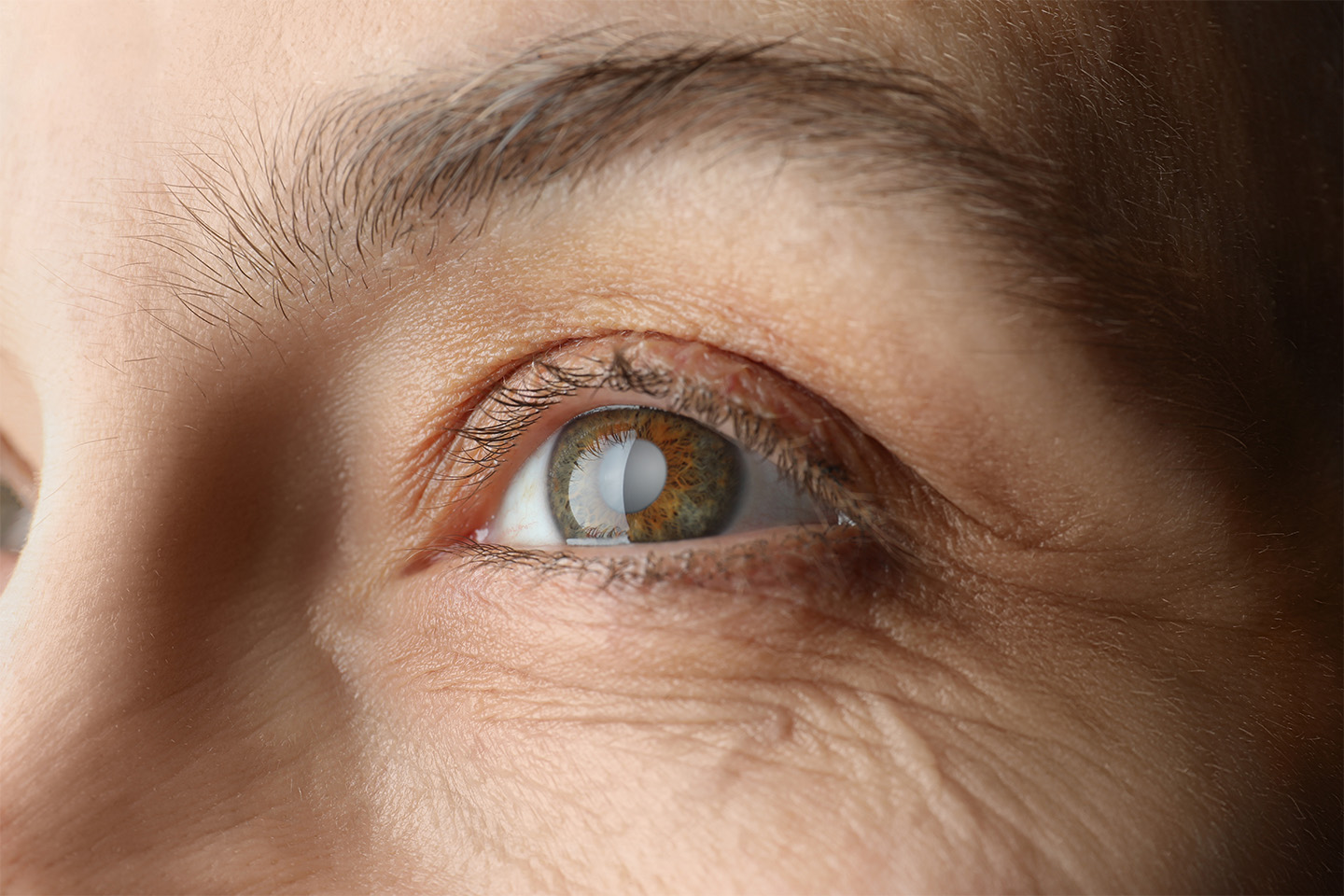Vision & Driving: How Eye Disease Can Affect Your Driving

Seeing clearly lets you identify road hazards and the behavior of other drivers, notice road markings and signs, and even see animals and small children entering the road. It’s not enough just to be able to stay in the marked lanes, and after sunset the demands on your vision are even higher. Reaction times, essential to driving safely, suffer when you don’t see clearly. Eye disease can affect your vision quality, but our eye doctors in the Front Range at ICON Eyecare can help.
Visual Function Required for Safe Driving
Three vision components are essential for safe driving: visual acuity, visual field, and color vision. Visual acuity is the clarity of your vision, which involves both focus and any distortions in your vision. Visual field is basically your peripheral vision, the ability to notice a pedestrian entering the crosswalk from the side while you’re focusing on the car ahead of you. Color vision and contrast sensitivity help you see traffic lights, signs, and other details for effective, safe driving, even in low light conditions.
Age-Related Eye Disease Effects on Driving Ability
Glaucoma, diabetic retinopathy, macular degeneration, and cataracts all can affect our vision as we age. In many cases, our top eye doctors in the Front Range can help provide solutions to improve vision or help patients adapt to vision changes, often enhancing driving ability.
Addressing Refractive Disorders Can Improve Safe Driving
Vision correction surgery, especially to improve refractive errors such as nearsightedness, can make a big difference in driving. Vision correction surgeons can design custom solutions for each patient’s needs, from the popular LASIK procedure to procedures like ICL that can help with even severe nearsightedness. Placing an IOL implant is also a possibility, common as part of cataract surgery.
Effects of Other Eye Diseases on Driving Skills
The early signs of many eye diseases and conditions can include blurry vision, wavy lines that should be straight, and other visual distortions. These can affect a driver’s perception of the road ahead, leading to errors. They’re also reason to schedule an appointment with our eye doctors in the Denver metro area right away.
Research on Age-Related Eye Disease and Cognition
Cognition, the ability to think well, is also an important part of driving. Researchers in Canada have recently explored possible connections between the development of age-related eye disease and reduced cognitive ability. Their results raise the possibility that, as vision declines, the ability to compensate by thinking ahead may also be declining. Senior-specific driving courses such as those connected with AARP can help adjust to these changes.
Expert Vision Care for the Life You Enjoy
For cataract and LASIK surgery in the Denver metro area and other ways to address visual challenges in driving, our eye doctors in the Front Range at ICON Eyecare are ready to help. We have some of the top vision correction surgeons in the area, offering a variety of vision correction surgery options from LASIK and PRK to IOL implants. Give us a call today.
[DISPLAY_ULTIMATE_SOCIAL_ICONS]








